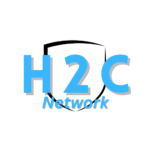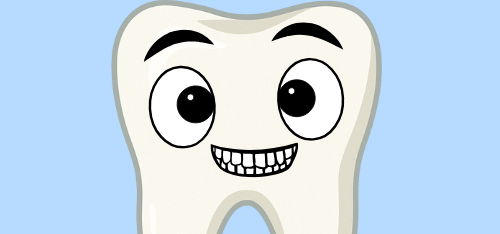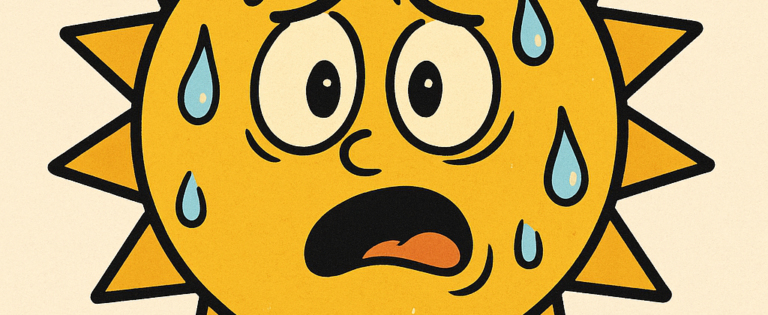Understanding Breast Cancer
Not long ago, a woman in her early thirties began noticing an unusual reaction in her body. At first, she had no idea these subtle symptoms were connected to breast cancer. After all, who expects to face such a diagnosis at such a young age?
When her doctor confirmed the news, it was difficult to process. Yet, because she had already educated herself on breast cancer, she took the initiative and got a doctor’s diagnosis as soon as she could. That awareness made all the difference—her cancer was caught at its lowest stage, where treatment is far more effective and survival rates are higher.
Breast Cancer Awareness Month, first established in 1985, was created to spread knowledge like this—helping people understand the disease and encouraging early detection through screenings such as mammograms. The campaign was championed in part by former First Lady Betty Ford, who bravely spoke about her own diagnosis.
Today, this mission remains as important as ever. Awareness and preparation truly save lives. That’s why we’re taking time this month to share an essential message about breast cancer.
So, What is a Screening?
Screenings are proactive tools used to detect tumors before symptoms become obvious. They may include:
- Mammogram
- Ultrasound
- Clinical breast exam
In addition, self-checks between appointments are strongly encouraged. By regularly examining your own breasts, you can detect changes such as lumps, skin dimpling, or other irregularities that may not be visible otherwise. Early detection opens the door to quicker treatment—and better outcomes.
According to the National Breast Cancer Foundation, about 1 in 8 women (13%) in the U.S. will develop invasive breast cancer during their lifetime. It is also the most common cancer in women, accounting for 32% of all female cancer diagnoses. Because of this, it’s vital to stay on top of your health and follow the recommended guidelines, including scheduling regular mammograms after age 40.
Support for Breast Cancer
Every effort to spread awareness helps. Whether it’s joining a fundraising walk, attending an educational seminar, proudly wearing pink, or simply sharing information, each action strengthens the movement.
For those currently battling breast cancer, know that you are not alone. Countless individuals and organizations are ready to stand beside you. Support groups and resources are available through the National Breast Cancer Foundation’s website.
The Bottom Line
Education and early action make all the difference. By knowing the signs, scheduling regular screenings, and supporting awareness efforts, we can move closer to a future where breast cancer is detected earlier, treated more effectively, and overcome more often.



